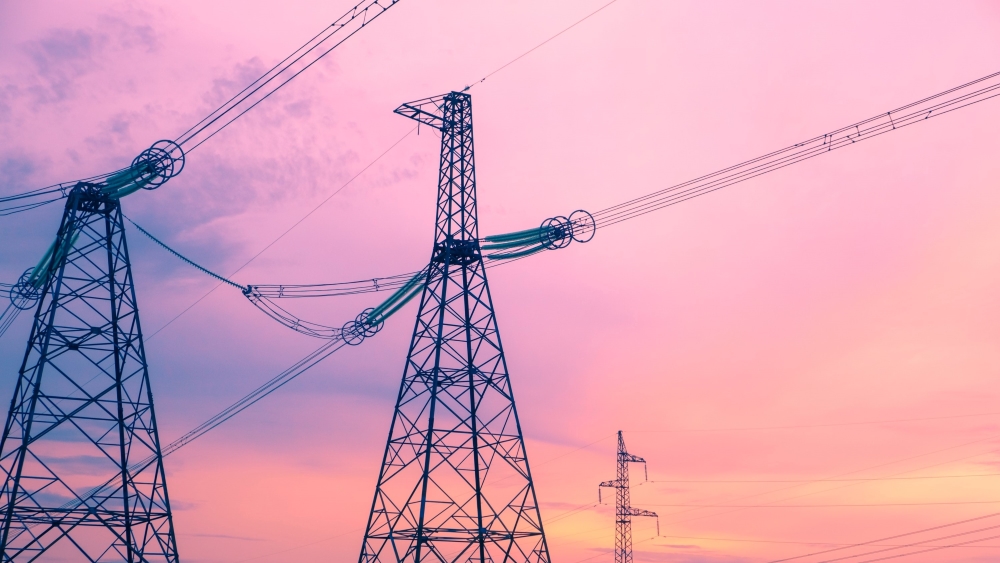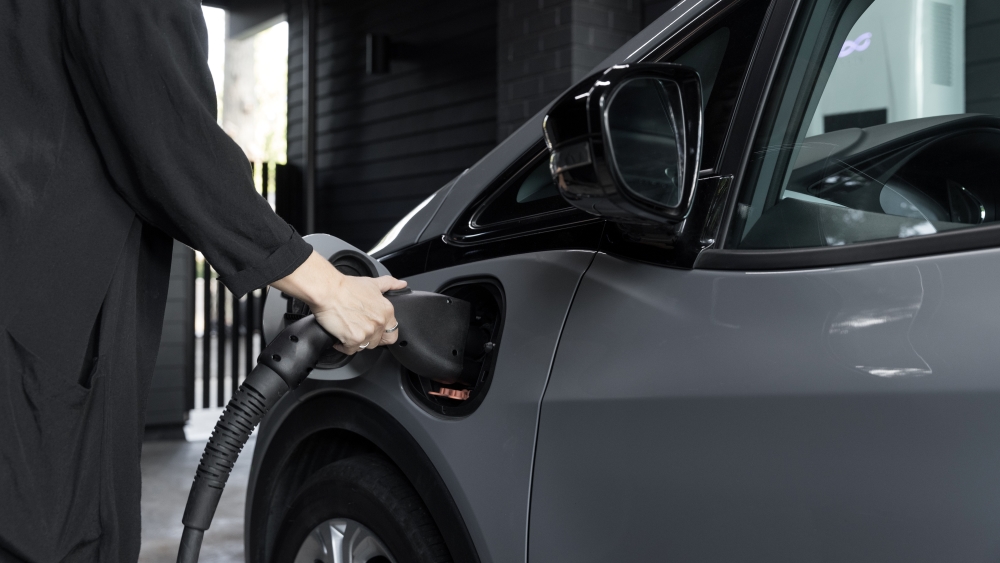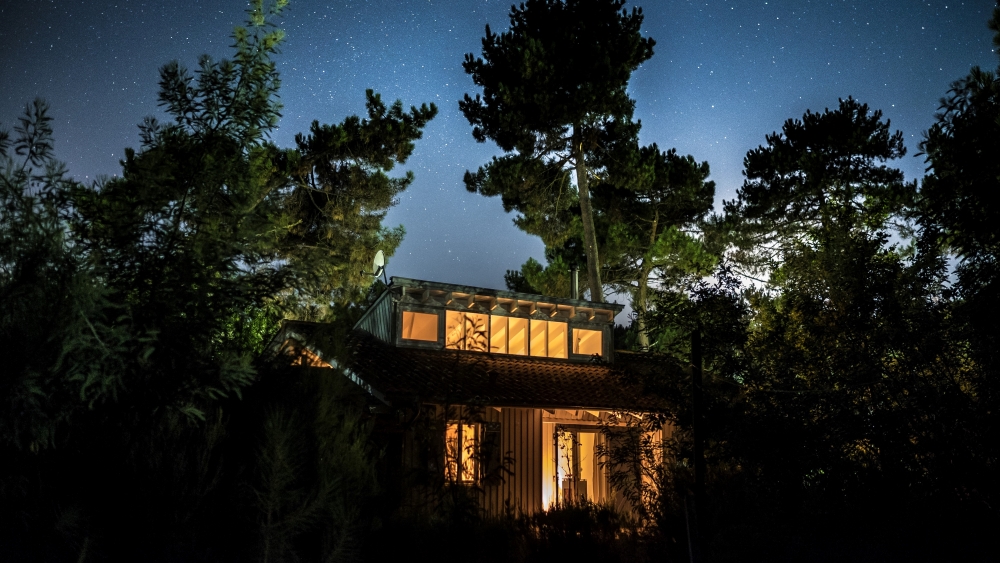Will your new home be ready for the next chapter in clean energy?
Homebuyers in the US are facing a lack of housing supply, a problem that’s been over two decades in the making according to the National Association of Realtors. In 2021, just 15 percent of buyers purchased a newly built home. But the tide may be …
Tower of power: Can transmission pylons be redesigned?
If you’ve ever visited a suburban or rural area, chances are you have come across massive electrical towers. These tall metal structures are the backbone of the electric grid, and we will need to build more of them if we want renewable energy to reach …
Why are power outages increasing in the US, and what can be done about it?
The US Energy Information Administration’s (EIA) Annual Electric Power Industry report provides some fascinating insight into the duration and frequency of power outages across regions and specific states. According to the latest data, the average American utility customer experienced over eight hours (492 minutes) of …
Is DC charging bad for EV batteries?
Charging a battery using its native current is not inherently harmful. …
LED holiday lights make awe-inspiring displays possible
Imagine stringing up 687,000 holiday lights outside your home…and only paying $350 in additional electricity costs. …
How to defend against rising energy costs this winter
Keeping your home toasty as the mercury drops this year will prove more expensive. How can increased grid independence (and a bit of weatherization) help keep more money in your pocket? …
Orchestrate OS brings intelligence to home energy management
The popularity of residential solar technology and advancements in electric vehicle batteries have created new opportunities for homeowners to produce and store their own energy. But managing this energy mix on your own costs time and money. …
How to build a green home
Whether you’re planning on buying a new home or building one from the ground up, it’s wise to understand how the materials used during construction affect its overall energy efficiency. …
dcbel glossary series: More power to you with home energy storage
During a power outage, a home generator or energy storage system is your friend. Stationary batteries provide clean, reliable backup energy. …
How redundancy is key in reducing blackout hours
Humans are a resilient bunch. We’re not just talking about a person’s potential to overcome adversity and make a difference in the world; resiliency can be observed at an even more basic level. …











